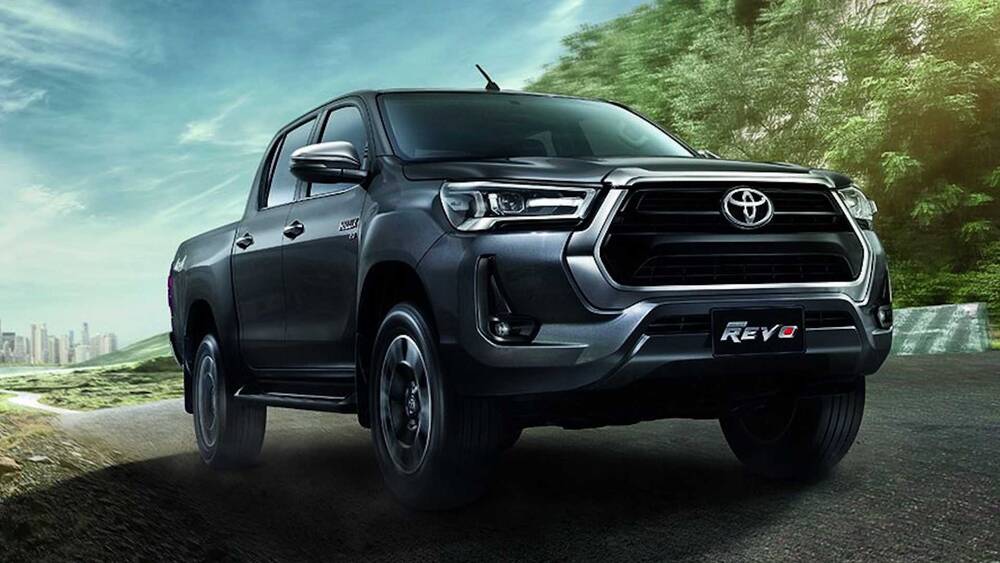The Sindh government has responded to recent media criticism questioning its decision to allocate Rs2 billion for purchasing vehicles for Assistant Commissioners (ACs) in the province. Officials argue that the portrayal of this decision as an unnecessary extravagance is misleading, failing to acknowledge the practical need for such measures to ensure efficient governance.
Assistant Commissioners are vital to the provincial administration, responsible for executing a wide range of essential functions, including maintaining law and order, price control, land administration, flood management, polio eradication, election duties, and inspection of schools and hospitals. Often working in remote areas and responding to emergencies, these officers rely on dependable transportation to perform their duties effectively.
The last significant procurement of vehicles for ACs was made over a decade ago, between 2010 and 2012, with the purchase of Suzuki Cultus cars. These vehicles, which have an average lifespan of 7-8 years, have now far exceeded their operational capacity. Many have run nearly 800,000 kilometers, and their odometers have become dysfunctional due to excessive use. Some officers are using vehicles as old as 2005 models, while others are forced to rely on personal or rented vehicles for official duties.
This situation has not only affected the performance of ACs but also placed a financial burden on officers who lack personal transportation. The inability to provide them with functional vehicles undermines their ability to fulfill their responsibilities efficiently.
In addition to addressing the operational challenges faced by ACs, the government expects significant savings by cutting down on the substantial public funds currently being spent on the repair and maintenance of outdated vehicles. These funds, which run into millions, can be better utilized by acquiring new, reliable vehicles that minimize the need for frequent repairs.
The government emphasizes that the new vehicles being procured are not luxury items. The double-cabin vehicles, specifically selected for their practicality, are basic operational models chosen to ensure cost-effectiveness. These vehicles are intended to enhance the mobility of ACs, enabling them to reach far-flung areas quickly and respond to public needs.
The Sindh government has also initiated efforts to inspect and condemn unroadworthy vehicles through Motor Vehicle Inspectors. These vehicles will be auctioned to recover some of the costs, and those in unauthorized possession have already been reclaimed. More than 50 percent of these vehicles have been recovered and reassigned to the appropriate departments.
The Sindh government’s decision is not an isolated one. Last year, the Punjab government allocated Rs2.3 billion to purchase double-cabin 4×4 vehicles for its assistant commissioners, along with Toyota Yaris and Toyota Altis vehicles for additional deputy commissioners and commissioners. This reflects a broader recognition across provinces of the need to equip administrative officers with dependable transportation to perform their duties effectively.
The Sindh government reiterates that the allocation for new vehicles is a necessary step to enhance the efficiency of field officers. The portrayal of this decision as a “royal” extravagance overlooks the operational needs of the provincial administration. Providing ACs with functional and reliable vehicles is essential for maintaining the integrity of public service and ensuring quick responses to emergencies and administrative responsibilities.
The government remains committed to addressing the pressing needs of the province, including flood relief efforts and other essential services. However, the operational efficiency of administrative officers cannot be compromised. The investment in vehicles is a justified and practical decision aimed at improving public service delivery and enhancing the capacity of officers to serve the public effectively.


Leave a Comment